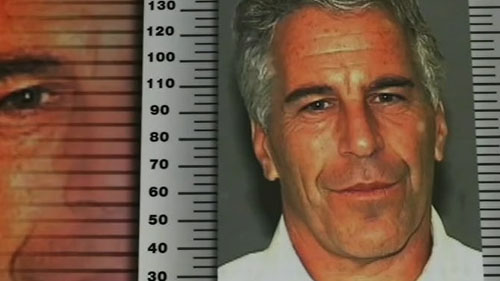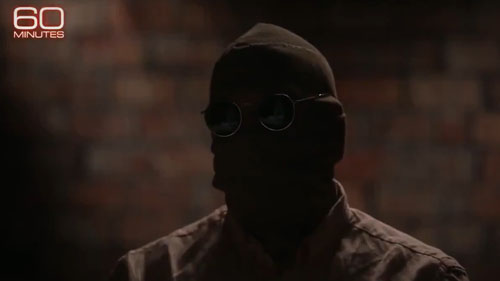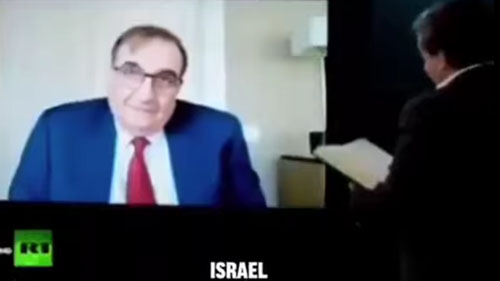| Recent Featured Videos and Articles | Eastern “Orthodoxy” Refuted | How To Avoid Sin | The Antichrist Identified! | What Fake Christians Get Wrong About Ephesians | Why So Many Can't Believe | “Magicians” Prove A Spiritual World Exists | Amazing Evidence For God | News Links |
| Vatican II “Catholic” Church Exposed | Steps To Convert | Outside The Church There Is No Salvation | E-Exchanges | The Holy Rosary | Padre Pio | Traditional Catholic Issues And Groups | Help Save Souls: Donate |  |









 " />
" /> " />
" /> " />
" /> " />
" /> " />
" />




Pope Benedict XV on the Unity of the Church
First, we should make it clear that we’re talking here about Pope Benedict XV (who reigned from 1914-1922), not Antipope Benedict XVI.
The quote above is not proof of manifest heresy for several reasons. I will demonstrate this by a number of points. The primary reason is that there are two ways of considering the unity of the Church. This needs to be explained. 1) There is the external, core unity of the Church, by which all who have this unity of faith and sacraments are united in a single body. This unity is indivisible and unbreakable. It cannot be lacking.
However, there is also the internal unity or cohesion of the Church among the members who are within the core unity.
Allow me to draw an analogy which hopefully helps illustrate the point. After that, I will quote a father of the Church and a dogmatic council to confirm the point.
Imagine that a sphere represents the Church, and that all atoms within this sphere represent the Church members. The outer surface of the sphere (the circular edge) represents the external core unity of faith and sacraments in the Catholic Church. This is indivisible. All who violate the Catholic unity of faith and government separate themselves and are expelled completely from the sphere. They no longer reside within, but are now outside the sphere.
However, among the atoms within the sphere (i.e., the Church members), they can be closer to or farther apart from the other atoms (the other members) depending upon how closely united they are in judgment, will and motive. Hence, one could pray for unity or a greater unity among the atoms (or members) who are already within the core unity; so that they cease squabbling over unnecessary matters, so that they are more united in their spiritual pursuits, etc. For that reason, it can be legitimate speak of a need for greater unity in the Church only if one is doing so in the context of those Church members who are already within and not divided in faith. In fact, that’s exactly what we see in the case of St. Paul’s rebuke to the Corinthians in 1 Corinthians 1:10:
St. John Chrysostom explains that St. Paul was not talking about differences of faith that arose, but differences of judgment and sentiment:
We see that the members within the unity could be lacking in a certain degree of unity among themselves, as St. Paul and St. John Chrysostom confirm. This can arise from a difference in judgment and sentiment. Now, if this difference in judgment and sentiment reaches a certain level, it can and does result in actual schism which separates one from the sphere (the Church); but there can be lesser divisions in judgment and sentiment that don’t separate one from the Church. A case in point is the Great Western Schism and St. Vincent Ferrer. People were divided in judgment and sentiment on the issue of who the lawful pastors were, but those who were not obstinate (e.g., St. Vincent) were still within the sphere (the Church). A definitive proof for the point I’m making comes from the Fifth Lateran Council.
This council makes it clear that everyone who denies the faith is outside the Church, and that the Church is one in faith. However, it also speaks of a need for unity in the Church in terms of a greater agreement among those who are within the essential unity.
Here are just two quotes from the Fifth Lateran Council which clearly teach and reaffirm the dogma that the Church is one, and that it is completely united in its essential core unity of faith and government.
However, we see that the council also speaks of a need for unity among those within the core unity.
Here we see that it’s speaking of the internal unity of those who are already “Christ’s faithful.” This quote is very similar to the one cited above from Pope Benedict XV. Here’s another quote from the Fifth Lateran Council.
Once again we see the pope and the council clearly speaking of a need for unity in the Church in terms of a greater mutual love and peace among the members who already hold the core unity of faith.
This should clearly show that Pope Benedict XV’s statement is not proof that he was a manifest heretic. Those who are asserting this are completely wrong. This is not to suggest that Benedict XV was necessarily a good or strong pope, or that he shouldn’t have been more precise or careful in his words. It is simply to point out that his statement is not proof that he was a manifest heretic. His statement is not comparable to the heretical teaching of Vatican II on the need for the “restoration of Church unity” because Vatican II clearly and explicitly says this with reference to people who are divided in essential faith and government (Protestants, etc.). That is blatantly heretical. Vatican II is not talking about the internal cohesion of those within the unity of faith, but rather that the core external unity of the Church is lacking because some people don’t accept the full Catholic faith or the Roman Pontiff. That is totally different.
So, once again we see that the warped radical schismatics (who are wrong on the issue of receiving sacraments, etc.) have come up with another schismatic error to confirm that they are not Catholic but truly outside the Church. This argument that we have just refuted was also promoted by the clueless schismatic named Frank, whom we’ve refuted over and over again. They desire to throw the pre-Vatican II popes out of the Church because they think it helps them more consistently argue their false position on receiving sacraments. For they are unable to refute our argument that if you may not go to a less obvious undeclared heretic who is offering a traditional form of liturgy today, then one could not have lawfully gone to similar heretics before Vatican II. So if they argue that all the pre-Vatican II popes were antipopes, they think it makes it easier for them to defend their ridiculous position that there was basically nowhere to receive sacraments before Vatican II as well.
Sign up for our free e-mail list to see future vaticancatholic.com videos and articles.
Recent Content
^